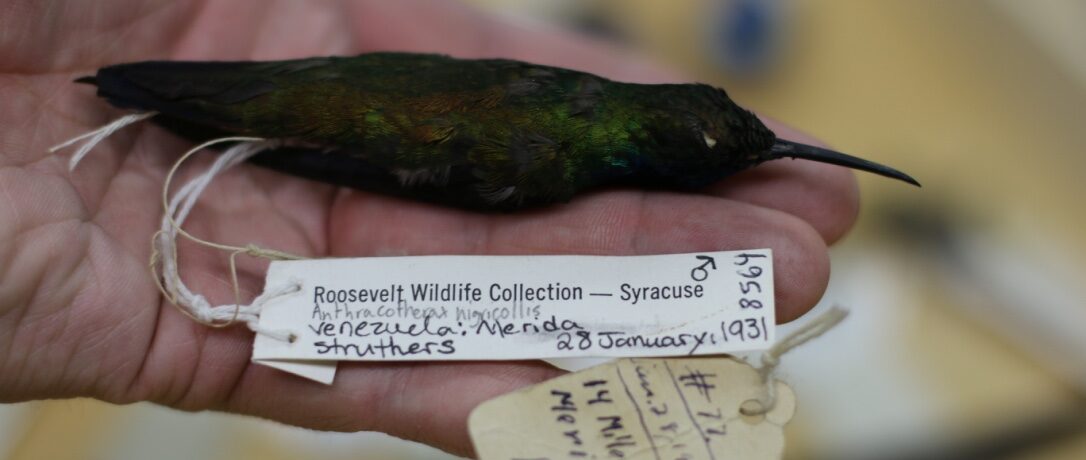On 28 May 2010, the House of Representatives passed the America COMPETES Reauthorization Act. The legislation aims to stimulate innovation and improve science education by increasing funding authorizations for federal agencies that support basic research. The bill was passed by a vote of 262 to 150, which marked the end of a long and politically fractured journey for the measure through the chamber. The House had twice rejected the bill in recent weeks.
The victory for HR 5116 came after the House voted on nine amendments sought by Science Committee Ranking Member Ralph Hall (R-TX). Only two of the amendments were ultimately adopted. One bans the use of funds to pay the salaries of federal employees who are disciplined for watching pornography at work. The other adopted amendment supports an existing prohibition on the award of federal funds to universities that bar military recruiters from campus. The chamber rejected a drastic reduction in the legislation’s authorizations for the National Science Foundation (NSF), National Institute of Standards and Technology (NIST), and the Department of Energy Office of Science (DoE Science). Instead, the budgets of these agencies would be kept on a ten year doubling path, as established in the 2007 COMPETES Act. For NSF, this could mean a budget as large as $10.2 billion in fiscal year 2015, if the funds are actually appropriated.
The legislation would also create several new research and education programs at NSF. At least five percent of the Research and Related Accounts (R&RA) budget would be directed to high-risk, high-reward basic research. NSF could award cash prizes for innovation. Funding for the NSF Graduate Research Fellowship and Integrative Graduate Education and Research Traineeship (IGERT) program would be required to increase or decrease at the same rate each year, although the funding levels for the programs would not necessarily be the same. Additionally, two new postdoctoral fellowships would be created — one in STEM education research and the other a more traditional scientific research fellowship.

